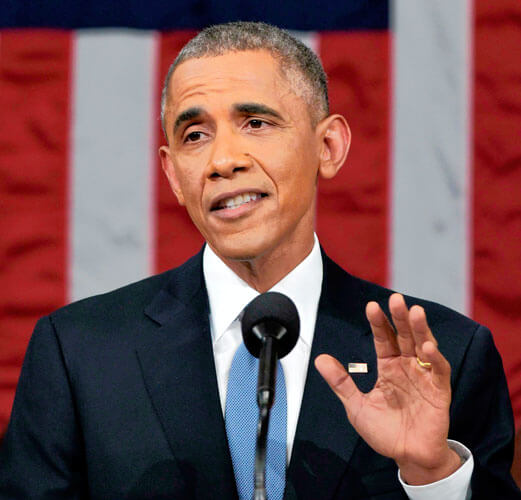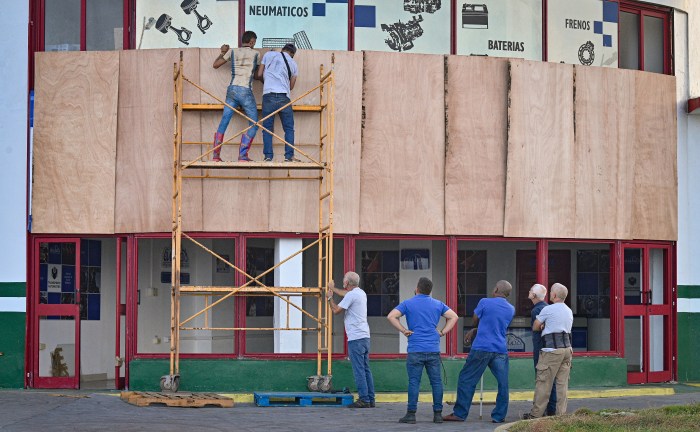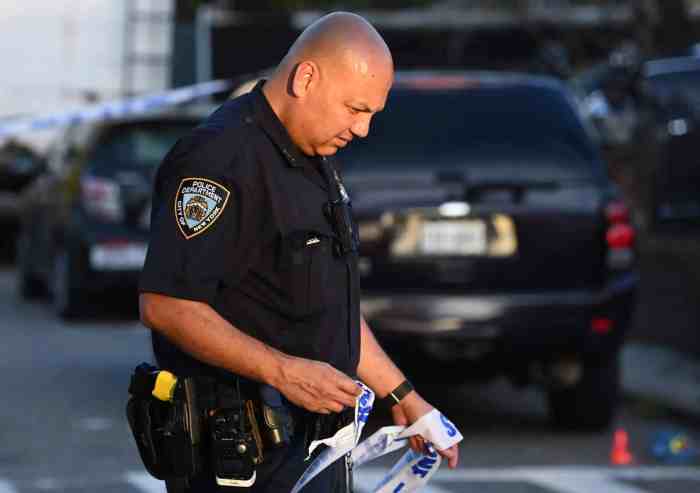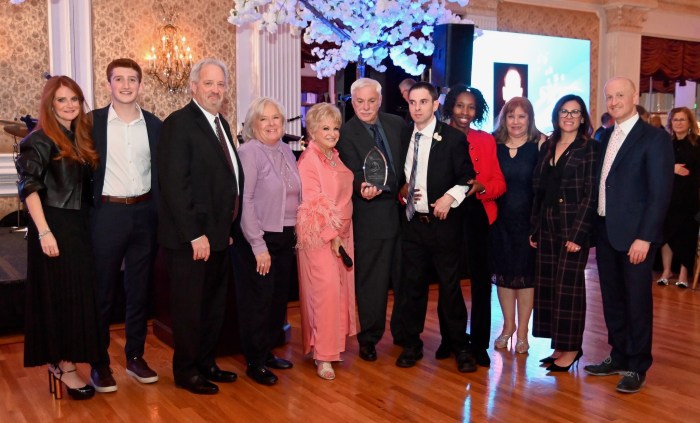Stating that he believes in a “smarter kind of American leadership,” United States President Barack Obama on Tuesday night called on Congress to lift the half-century-old trade and economic embargo against Cuba.
“In Cuba, we are ending a policy that was long past its expiration date,” said Obama in his “State of the Union” address. “When what you’re doing doesn’t work for 50 years, it’s time to try something new.
“Our shift in Cuba policy has the potential to end a legacy of mistrust in our hemisphere; removes a phony excuse for restrictions in Cuba; stands up for democratic values; and extends the hand of friendship to the Cuban people,” he added.
“And this year, Congress should begin the work of ending the embargo,” continued the U.S. president, alluding to His Holiness, Pope Francis, who has said that diplomacy is the work of “small steps.”
“These small steps have added up to new hope for the future in Cuba,” said Obama, stating that after years in prison, “we’re overjoyed that Alan Gross is back where he belongs. Welcome home, Alan.”
Gross, the American subcontractor freed from a Cuban prison in December as part of the new détente with Havana, was seated in the first lady’s box overlooking the U.S. House of Representatives’ chamber. Gross repeatedly mouthed “thank you” when Obama recognized him.
The U.S. president said America leads best when it “combines military power with strong diplomacy; when we leverage our power with coalition building; when we don’t let our fears blind us to the opportunities that this new century presents.
“That’s exactly what we’re doing right now — and around the globe, it is making a difference,” he said.
In his deal with President Raúl Castro of Cuba to restore full diplomatic relations with the Spanish-speaking Caribbean country for the first time in more than half a century, Obama has said it will not only be easier for Americans to travel to Cuba, but it will also be easier to send money there.
According to the U.S. Department of State, American telecommunications providers, financial institutions and agricultural companies will be given more opportunities to do business in Cuba.
Additionally, visitors will be allowed to spend more, use credit cards and even bring home up to US$100 in Cuban cigars.
As part of the deal, the State Department said on Tuesday that Assistant Secretary of State for Western Hemisphere Affairs Roberta S. Jacobson will travel to Havana on Wednesday, on a four-day trip, “to take advantage of previously planned Migration Talks to launch a discussion with the Cuban Government on re-establishing diplomatic relations.
“Re-establishing diplomatic relations with Cuba is a key step for the implementation of changes in the U.S.-Cuba relationship announced by President Obama on Dec. 17,” the statement said.
It said the agenda will include technical and logistical arrangements, such as embassy operations, staffing and visa processing.
While in Havana, Jacobson will meet with members of independent civil society, as well as religious and independent business leaders, the State Department said.
“This new conversation with Cuba is both an historic and important process that will advance U.S. interests,” it said. “It will strengthen the United States’ ability to advocate for positive change on the island.
“By facilitating the Cuban people’s access to greater resources and information, the policy change seeks to engender greater respect for human rights and adherence to democratic principles in Cuba,” the State Department added.
In his State of the Union address, Obama also urged Congress to act on immigration reform – an issue that has been on the front burner for immigration advocates and Caribbean American legislators alike.
“Yes, passions still fly on immigration, but surely we can all see something of ourselves in the striving young student, and agree that no one benefits when a hardworking mom is taken from her child, and that it’s possible to shape a law that upholds our tradition as a nation of laws and a nation of immigrants,” Obama said.


















